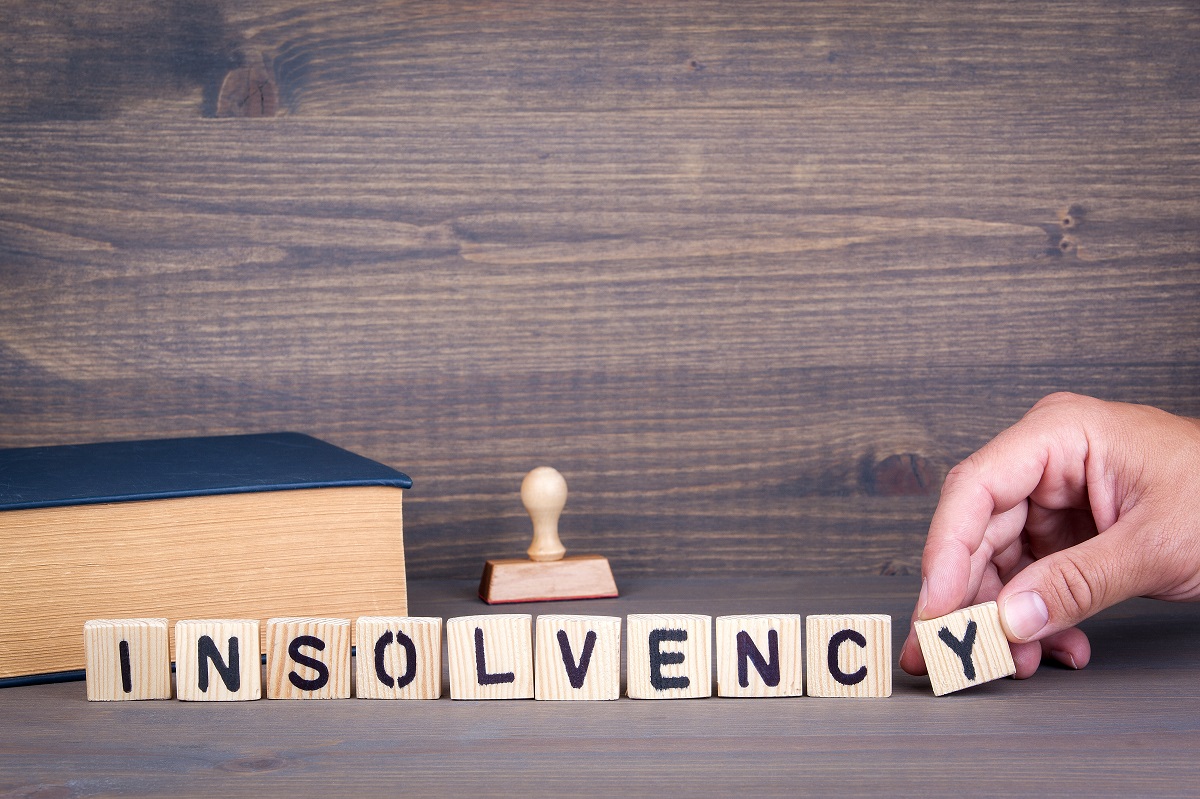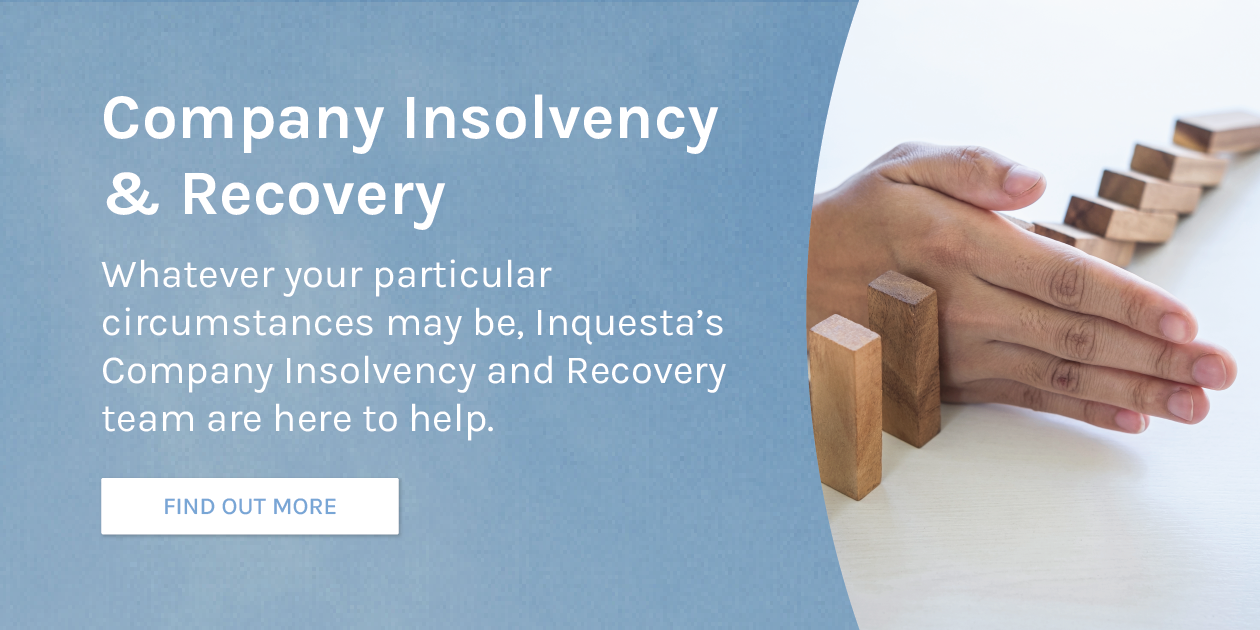Insolvency Practitioner Fundamentals Explained
Insolvency Practitioner Fundamentals Explained
Blog Article
9 Easy Facts About Insolvency Practitioner Explained
Table of ContentsSee This Report about Insolvency PractitionerThe smart Trick of Insolvency Practitioner That Nobody is DiscussingAll about Insolvency PractitionerInsolvency Practitioner Can Be Fun For AnyoneThe Main Principles Of Insolvency Practitioner
Whether or not you require to make use of a bankruptcy practitioner (IP) to liquidate your company depends on various aspects. While engaging an insolvency specialist for all forms of liquidation is not a lawful demand, doing so can commonly streamline the process and guarantee conformity with lawful needs. Liquidating a company is an important decision that features substantial repercussions.
It is a treatment made use of when a business does not have any kind of creditors, or all of their creditors can be repaid in complete with legal passion. Comprehending the various types of bankruptcy procedures can help you establish the finest training course of activity for your firm's liquidation or various other official bankruptcy treatments itself.
This is obligatory in order to stick to legal needs - Insolvency Practitioner. This is because IPs have the needed qualifications and experience to make certain that the liquidation process is performed according to all applicable regulations and regulations. By involving a certified bankruptcy professional, you can have satisfaction knowing that your business's liquidation procedure will be dealt with properly and in conformity with the appropriate legal requirements
Some Known Incorrect Statements About Insolvency Practitioner
The insolvency specialist is selected as a liquidator and is in charge of managing the firm and liquidator's financial obligations exceptional responsibilities and assets. This process involves selling off the firm's assets and dispersing the profits to lenders. Upon completion of the process, the company is gotten rid of from the register at Companies House.
Stopping working to do so can lead to personal obligation for the business or supervisor for the financial institution's financial debts. Volunteer liquidation, that includes Lenders' Voluntary Liquidation (CVL) and Participants' Voluntary Liquidation (MVL), is initiated by the firm's supervisors and shareholders when they can no longer pay their financial debts. In a CVL, the bankruptcy professional is marked as the liquidator, in charge of managing company debts and all business possessions.

5 Simple Techniques For Insolvency Practitioner
By assessing the know-how and experience of prospective bankruptcy experts, you can make sure that you choose an expert that has the required qualifications to manage your company's liquidation process effectively. While insolvency practitioner-led liquidation is usually the most proper strategy for firms encountering bankruptcy, there are alternate strategies to think about, such as striking off and partial liquidation.
It's vital to review all available options before picking the next finest service or strategy for your organization. Striking off business' registers is a much more straightforward and affordable means to close dormant or little business without any financial debts or properties. To strike off a company, its name is removed from the Companies House register by sending kind DS01.
Prior to deciding for striking off, it's critical to evaluate the advantages and downsides of this approach and think about whether it's the right selection for your organization. Partial liquidation is an additional alternative to insolvency practitioner-led liquidation, where a firm liquidates specific possessions and liabilities while remaining to run with the her latest blog staying possessions and obligations.
A Bankruptcy Practitioner will have the ability to suggest you of the most effective strategy to take and make certain that everything runs smoothly. It is not possible to sell off a business without a liquidator. Assigning an authorised insolvency practitioner is essential for the procedure of voluntary liquidation to begin.
Insolvency Practitioner Fundamentals Explained
It is feasible to shut and liquidate your firm without utilizing a liquidator, given your company is solvent and you fulfill the qualification needs to liquify or liquidate it. If your firm is financially troubled, you might be needed to use a liquidator and start formal insolvency procedures. Here are some other interesting articles relating to firm liquidation in the UK:.
Remaining in a setting where you're unable to pay your company's creditors is incredibly difficult. In an effort to avoid raising the level of financial obligation, numerous business try to bargain directly with their financial institutions and consent to a casual plan. If the debt is quite little and owed to one creditor, and the lender is being participating, becoming part of an informal financial obligation setup is most likely the very best service, as opposed to browsing the internet for 'a bankruptcy practitioner near me'.
On the various other hand, if there are numerous lenders and the level of financial debt is large, financial institutions may not be so prepared or participating. In order to prevent liquidation or personal bankruptcy, it is far better to employ an insolvency professional to create formal proposals and bargain with lenders in your place.
The Ultimate Guide To Insolvency Practitioner
Whilst it is a means to handle financial obligation, there are substantial risks involved with this kind of financial obligation arrangement - Insolvency Practitioner. If a creditor wants to enter into a casual arrangement (IA) where the borrower has actually agreed to make routine, if reduced, payments to pay back the financial obligation, it's important to stick to the contract

For that reason, the financial institution is within their rights to back out of the agreement and application the courts for your business to be sold off any time. An official setup that has actually been this link proposed by an insolvency practitioner in your place, and agreed by a financial institution, provides a much more secure option.
Report this page